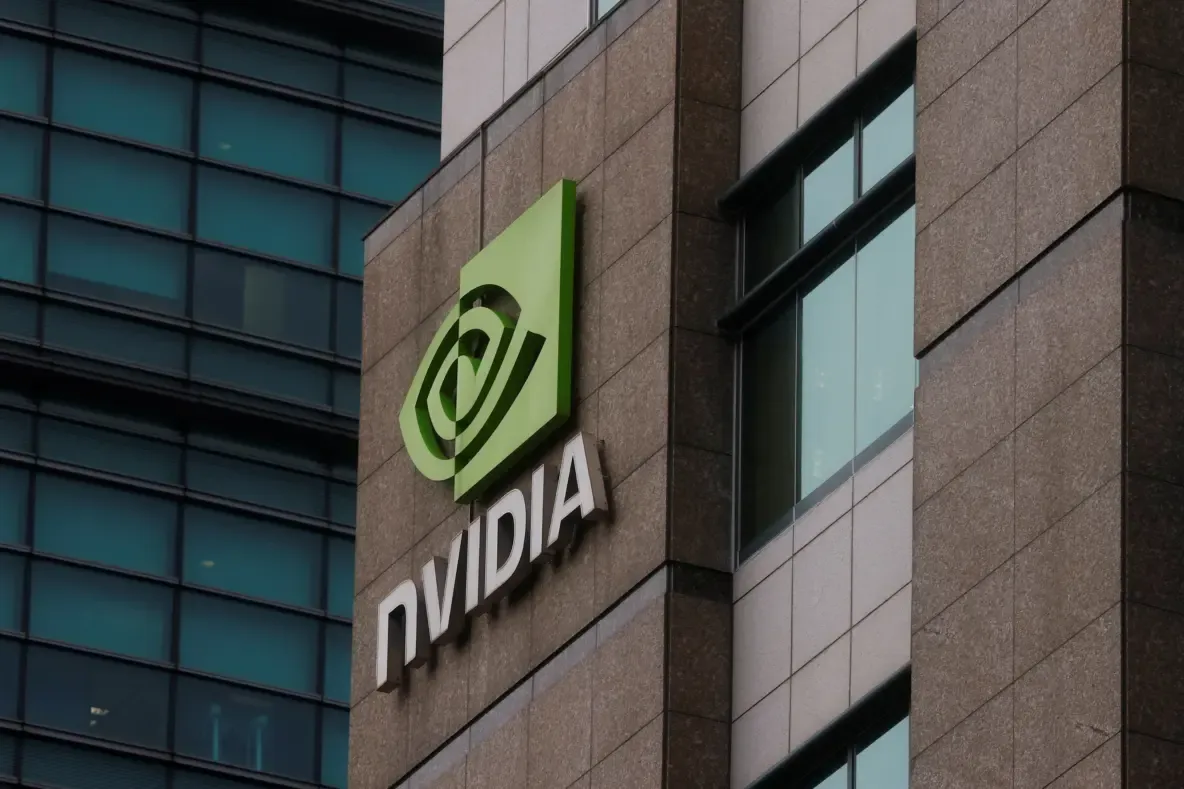Nvidia published its financial report for the second quarter of 2025.
-

Revenue grew by 56% year-on-year to $46.74 billion.
Net profit increased by 40.8%, reaching $26.4 billion.
Earnings per share came in at $1.05, exceeding forecasts of $1.01, CNBC noted.
The company said it did not supply H20 chips to China during the second quarter but received $180 million in revenue from selling inventory to customers outside the PRC. At the same time, Nvidia expects to earn between $2 billion and $5 billion from H20 sales in the third quarter — “if the geopolitical situation allows.”
Nvidia’s CEO also stated that production of its flagship Blackwell Ultra chips is “in full swing,” calling demand for them “colossal.” According to him, the new generation of chips will become the “main platform” in the AI race.
Analysts surveyed by Fortune said Nvidia had far exceeded the market’s already “sky-high expectations.” Despite this, the company’s stock fell by 2.78% in after-hours trading on August 27, 2025. Experts believe China remains a “huge untapped business opportunity” due to trade restrictions.
Context: Export Restrictions
In 2022, U.S. authorities restricted exports of advanced Nvidia processors to China over concerns they could be used for military purposes.
In April 2025, President Donald Trump’s administration banned Nvidia from supplying H20 chips to China.
In August 2025, media reported that Nvidia and AMD struck a deal with U.S. authorities: the companies would be allowed to sell certain chip models to China, but required to pay 15% of the revenue from those sales into the U.S. budget.
In response, Chinese authorities sent notices to a number of companies urging them to abandon Nvidia H20 and AMD MI308 chips. This primarily affected state-owned enterprises and private companies engaged in government contracts.
-
Nvidia’s numbers are insane — 56% YoY revenue growth and $26.4B net profit in a single quarter is just wild. What really stands out though is that even with “colossal” demand for Blackwell Ultra, the China export ban is leaving billions on the table. $2–5B potential H20 revenue in Q3 basically hangs on geopolitics, not execution. It shows how Nvidia’s biggest risk isn’t tech or competition — it’s Washington and Beijing.
-
Nasdaq tools spotting spoofing and wash trading in crypto isn’t a bad thing — transparency keeps markets healthy. The problem is where regulators take it next. Combine CFTC surveillance with the Treasury’s idea of mandatory digital IDs inside DeFi smart contracts, and suddenly the whole permissionless ethos gets flipped on its head. The real question: can crypto survive once every wallet has to be a “verified” wallet? Or will this just push innovation + liquidity offshore again?

















